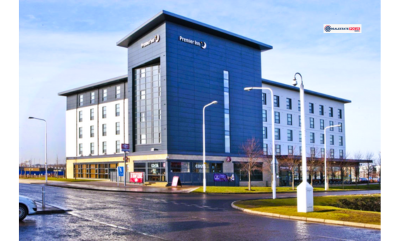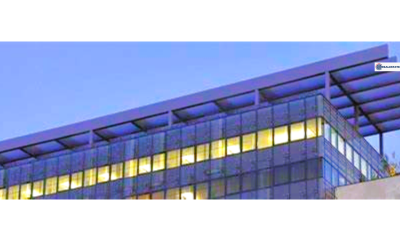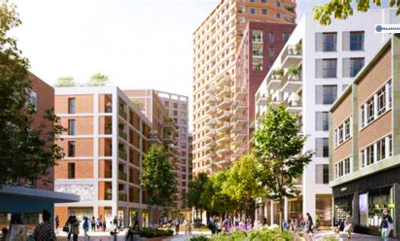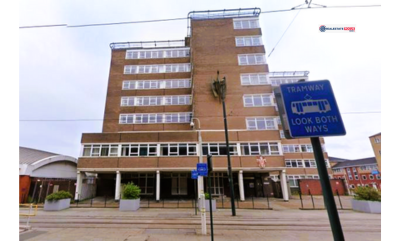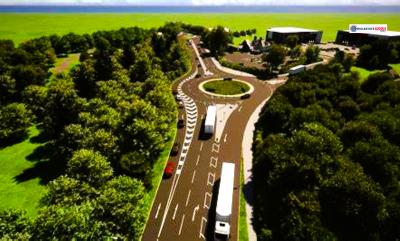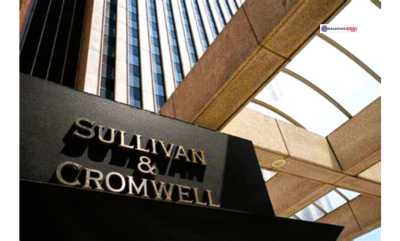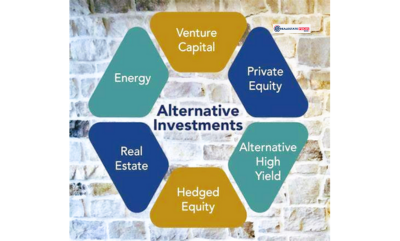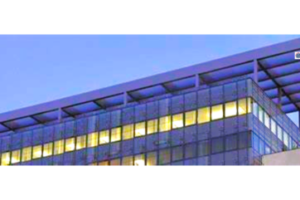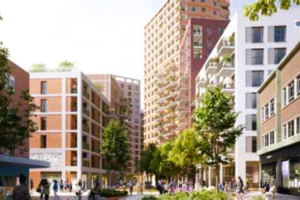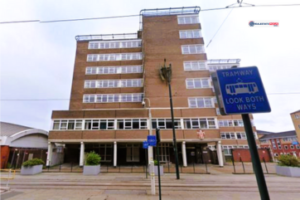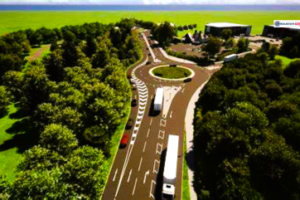
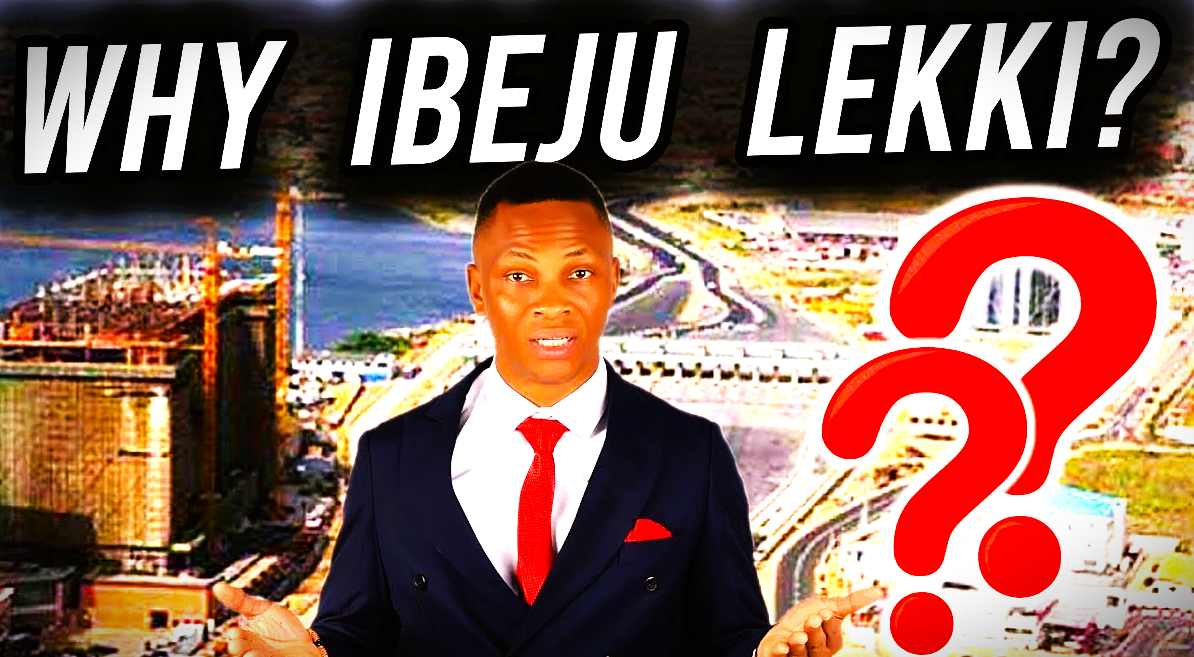
Ibeju-Lekki’s Boom Is Here But Will It Be Brilliant or Broken?
Once a sleepy coastal district dotted with fishing villages, Ibeju-Lekki is now racing toward the future fast. With mega-projects like the Lekki Deep Sea Port, the Dangote Refinery, and the Lekki Free Trade Zone redefining its skyline, this corridor is no longer just Lagos’ best-kept secret, it’s becoming Africa’s next economic frontier.
But as cranes rise and roads stretch toward the horizon, one pressing question looms: Are we building a world-class city or sleepwalking into urban chaos?
That’s the warning and the vision being sounded by Oluremi Oshikanlu, developer of Shalom Park Estate, who is calling for developers, government, and local communities to get ahead of the growth with smart, strategic planning.
“The transformation of Ibeju-Lekki is unlike anything we’ve seen in recent Nigerian history,” says Oshikanlu. “But if we want this to become a true 21st-century economic hub, we can’t just build we must build with foresight.”
The Boom Is Real. But So Are the Risks.
The appeal of Ibeju-Lekki is undeniable: proximity to deep-sea shipping routes, access to industrial and commercial zones, and rapidly expanding residential estates. Yet, without a master plan guiding development, experts warn that the region could soon face crippling traffic congestion, environmental strain, and social displacement.
Oshikanlu puts it bluntly:
“We have a once-in-a-generation opportunity to create a well-organised, modern urban center. But without integrated planning, this dream could turn into a nightmare of overcrowded roads, failing infrastructure, and lost potential.”
Blueprint for a Smart Future
The key? Strategic, inclusive, and environmentally conscious development.
From urban zoning to transport systems, utilities to healthcare, the pieces of the puzzle must come together now not after the problems arise.
This is where developers like Oluwatobi Ariremako, Business Development Manager at Shalom Park Estate, are leading by example.
“Our projects are not just about profit,” Ariremako says. “They’re about purpose. Every development we embark on undergoes environmental impact assessments, includes community feedback, and is built for people not just for buildings.”
His team’s approach includes green spaces, accessible public services, and long-term livability. “We’re not just building homes, we’re building a future.”
No Progress Without Policy
But bold vision alone isn’t enough. For Ibeju-Lekki to attract sustainable investment and top-tier infrastructure, developers agree that the government must provide a clear, consistent regulatory framework.
“Transparency in land administration and fast-tracked development approvals aren’t just nice to have,” Ariremako notes. “They are essential for investor confidence and long-term stability.”
When investors can trust the system, money flows. When they can’t, progress stalls.
Collaborate or Collapse
Oshikanlu and Ariremako agree: the most powerful developments happen when government, private developers, and local communities work together.
“This isn’t just about roads and buildings,” Oshikanlu says. “It’s about building a city that works for everyone. That takes collaboration, vision, and discipline.”
The Verdict: The Future Is Unwritten
The world is watching Ibeju-Lekki. The groundwork is being laid literally for a region that could rival the economic zones of Dubai or Singapore.
But none of that will matter if it isn’t planned well.
As bulldozers push forward and investors circle like hawks, one truth stands clear: this is more than a boom. It’s a chance to build a legacy.
The question is will we rise to meet it?


